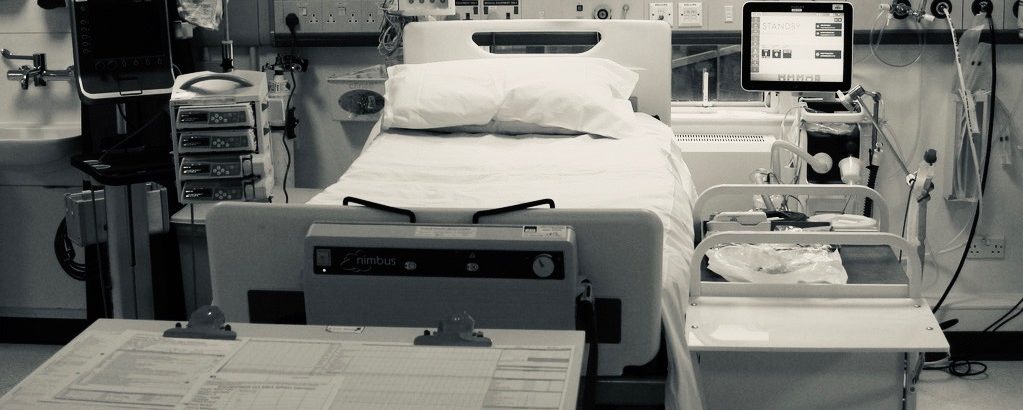What is delirium?
Delirium is a state of acute confusion and is very common in patients admitted to the intensive care unit. More than a third of patients show some signs of delirium during their stay. The confusion may come and go and may be associated with sleepiness, agitation & memory problems. Often it is very obvious that someone has delirium, however some patients can simply become quietly withdrawn and the signs may be very subtle. If you think your relative may have developed delirium, tell their nurse or doctor as early recognition can improve treatment. The ICU team routinely screen patients for delirium by asking sets of simple questions at the bedside.
What causes delirium?
Delirium is usually multifactorial. Older age, long term health problems, pre-existing memory problems (such as dementia) and high alcohol intake can all increase the risk of developing delirium. In intensive care, common exacerbating factors include being in an unfamiliar environment, infection, surgery, drugs, withdrawal from alcohol and disturbed sleep.
Can it be treated? Is it permanent?
The best treatment for a patient’s delirium is successfully treating the underlying illness that brought them to intensive care. Other aspects that the ICU team will be treating include: trying to promote night time sleep, good nutrition and early mobilisation. Reassurance, orientation and support from the patient’s family can all help. Sometimes the ICU team will use drugs to reduce specific symptoms such as agitation or to promote night time sleeping..
Although all patients are individuals and some people may have a prolonged and/or incomplete recovery, in most cases a patient’s delirium will resolve as they recover from their critical illness.

Comments are closed